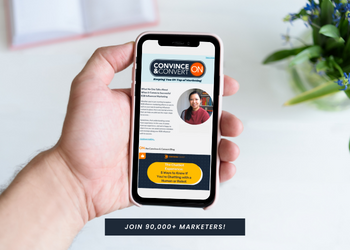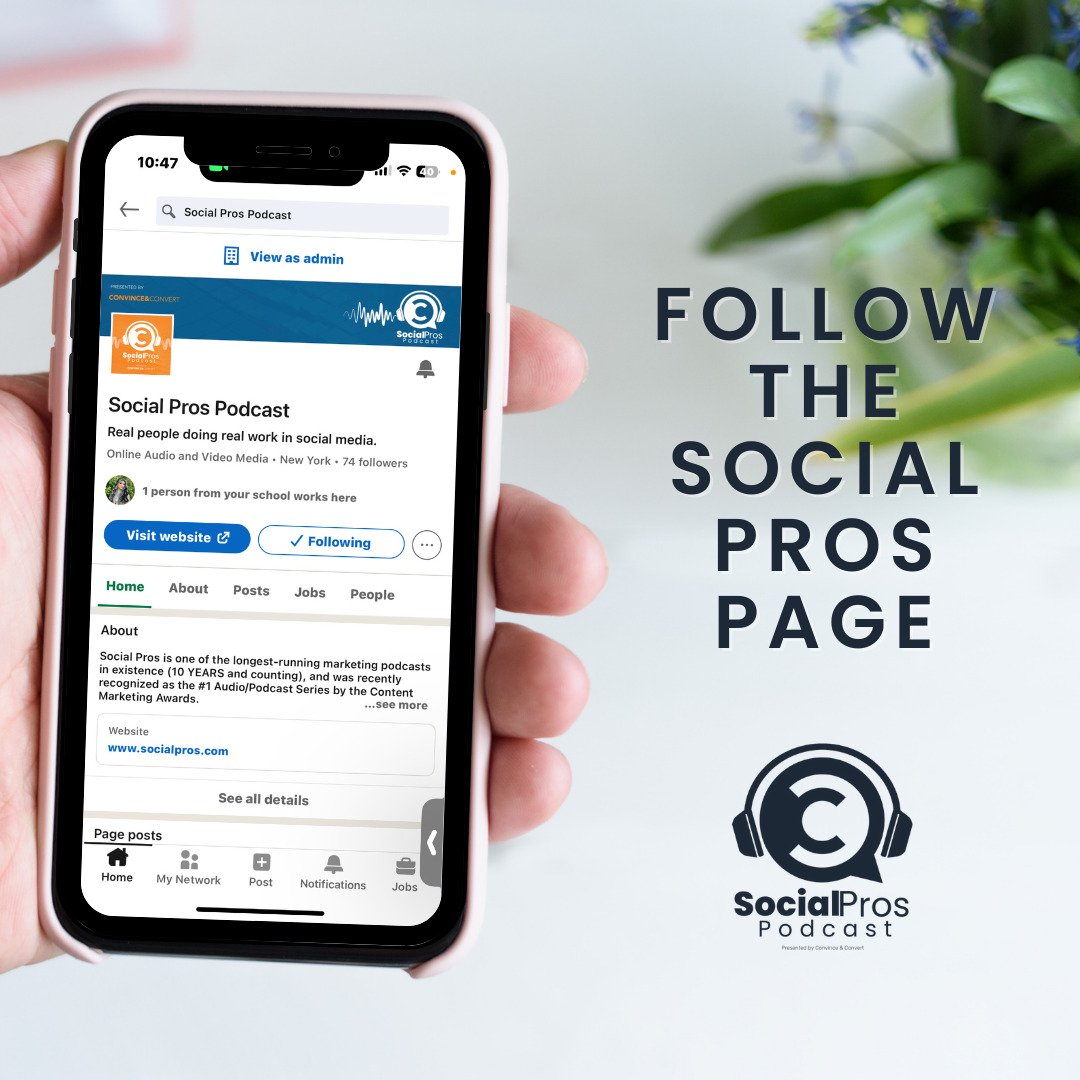Internet ads are not equal.
On the low end of the effectiveness scale you have banner ads. The original champion of interactive marketing, standard banners are now the “ER” of the Internet – a washed up parody scratching and clawing to remain relevant.
In the opposite corner you have pay-per-click advertising (PPC), the American Idol of the Internet. In approximately two years, PPC has gone from a little-known offshoot of search engine marketing to the savior of Internet advertising. More than 200,000 advertisers are actively using PPC, making it the most widespread form of interactive marketing in existence (even more than VIAGRA email).
PPC is the best deal available online, and once you get started, it’s tough to stop. Managed properly, it’s the most efficient form of advertising available in any medium. You decide what its worth to you to get someone to come to your Web site, you bid that amount for a specific search term, and then you pay that much when they arrive. Try getting that deal from any other advertising type. Imagine your TV sales rep saying you’ll only pay for the number of people who show up for your weekend Chevy Sell-A-Thon and tent sale? Fat chance. You’re paying the same price even if the only people that show are your family members, and if you’re stuck with a giant inflatable gorilla and four cases of 2004 Lumina balloons, touch luck pal, make a better ad next time.
To see PPC ads in action, go to Google or Yahoo! and search for “Convince and Convert”. On Google, look for the blue boxes on the right side of the screen. Those are the PPC ads, and if you click them, the advertiser (me, in this case) will be charged on their credit card. If you don’t click, I don’t pay. On Google, the search results in the middle of the screen are “organic” results based on relevancy, and are not for sale. On Yahoo! the PPC ads are the ones that come up at the top under “sponsor results”. The “web results” underneath are their organic search results.
There are two main sellers of PPC ads. Google has about 60% of the market. Yahoo! has about 25%. The rest of the scraps are divided up between AOL, MSN and other second tier providers.
Search is the number two activity among Internet users (email is first). Overture (formerly known as Go To) was the first company to figure out how to monetize search by charging advertisers on a per-click basis. Overture bought Alta Vista in 2004, and after realizing that its business partner was getting too big for comfort, Yahoo! bought Overture for a cool $1.7 billion. Google jumped into the mix about two years ago, and its massive search volume raised the awareness of PPC and gave Overture some much-needed competition. For now, most PPC advertisers run campaigns on both Google and Overture. Interestingly, some of our clients see much better results on Google, others on Overture. We believe this is due to the very different demographics of Google users (geeks and people on the way to geekiness), and Yahoo! users who see listings powered by Overture (normal people and reformed geeks).
While PPC is a remarkably efficient and effective advertising vehicle, it can also be a costly disaster. Managed poorly, your PPC program can ring up charges on your credit card faster than Paris Hilton at Castle Boutique. Here are five tips to prevent pay-per-click ruination.
1. Think Big
The number one mistake of inexperienced PPC advertisers is not bidding on a broad set of search terms. Most clients who ask us to take over the management of their program have fewer than 100 search terms. Regardless of your business, that’s not enough. Some clients have as many as 12,500 active terms. Why?
The most obvious terms (like “jewelry”) will be searched the most. Thus, all your dimwitted competitors will want to bid on those terms, too, thus driving up the cost per click. “Jewelry” had 566,494 searches in Overture last month, and you would have to bid $1.36 to come up as the number one search result. Conversely, “jewelry store” was searched 104,398 times, but you would only have to pay 89 cents to be the first search result.
Less popular search terms are less expensive is almost every instance. So, do your homework and bid on the broadest set of search terms possible. Your overall cost per click will go down and you’ll outflank your competitors who aren’t reading this article.
2. Track Results
As has been mentioned repeatedly in this space, traffic to your Web site has no inherent value. If you spend $10,000 per month on PPC charges to get 7,500 people to your Web site but only 100 of them do what you want them to on your site, your cost per lead/sale/subscription is $100, and you’d better be selling swamp land or some other high margin good or service if you can be profitable at $100 per lead.
Overture and Google both offer free tracking tools that you can add to the page of your Web site that appears immediately after a visitor accomplishes your key objective (makes a purchase, fills out a lead form, etc.). This data will enable you to determine which of your PPC search terms are generating results, not just traffic. As a rule, more specific search terms convert to results at a higher percentage than general search terms because the searcher has a better idea of what he or she wants. Another reason to have a big set of search terms.
3. Lose the Ego
It is likely that your tracking research will uncover search terms that send a lot of people to your Web site ¬ thus costing you a lot of money ¬ but don’t result in many sales or leads. What do you do? First, don’t be first. Being the number one search result does increase the percentage of people that click on your ad. But, if they aren’t buying anything from you, how is that helping your business? Reduce your bids so you are the number four or five search result, and then reexamine your results. If you’re still not getting any, move down even lower on the list, or abandon the term.
This can be the psychic equivalent of driving a 1997 Honda Civic when your friends are cruising around in a Porshe Cayenne, because your competitors will likely remain in the top three search result positions. Let them be showy, you be practical. If you can’t make money at a particular cost per click, neither can they most likely and their adherence to the expensive number one position just loses them money faster. Suckers.
4. Write Good Ads
Because there are no flashing graphics or scantily clad models dancing across your ad, the copy is even more important in PPC than in other ad types. It’s all you have. Yet, people routinely overlook ad testing and good copy. It’s very easy to create ads in Google and Overture, and you should routinely try new ads and seek to improve results.
The trick is to use copy that “sells the click” in an extremely concise and relevant way, but doesn’t over sell. Overselling is very expensive in PPC, because you only want to pay for clicks from people who will do something other than visit your site for five seconds.
One of our clients – Mr. Modem – publishes an excellent weekly email newsletter with computer tips, tricks and advice. It costs $4.95 per month to subscribe. Most email newsletters are free. So, in the Mr. Modem PPC campaign we mention the $4.95 per month in the ad copy. Why pay for clicks for people who are expecting a free newsletter, and will leave the site as soon as they realize there is a subscription fee?
5. Understand Destinations
People using a search engine are looking for something, and are an extremely impatient bunch. Like the guy at the back of the line at Starbuck’s, bloodshot and fidgeting, search engine users want it right now. They know that if you can’t provide it, there’s a whole bunch of other search results that might be the perfect fit.
So, make it as easy on them as possible. If someone searches for “jewelry shop” include that same search term in your ad copy. Then, when they click your ad, take them to somewhere on your site that has to do with “jewelry shop”. A huge and expensive mistake made by many PPC advertisers is sending all people clicking on PPC ads to the site’s home page. To immediately improve your PPC results, send people to pages on your site that are specifically related to the search terms.
PPC can be an extremely effective advertising vehicle for your business. Unless you violate all of these rules, you should see results that are at least decent. If you are spending more than a few hundred dollars per month on PPC advertising, or want to really optimize your program to achieve the best possible results, consider retaining a PPC consultant who can pay attention to your campaign on a daily basis. Until next time, happy clicking!

